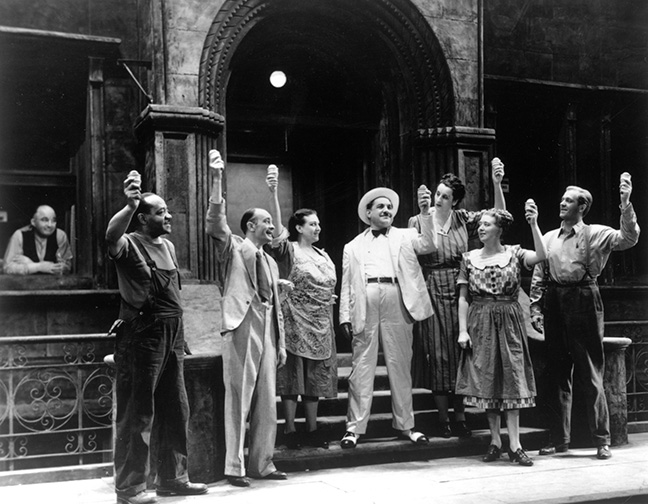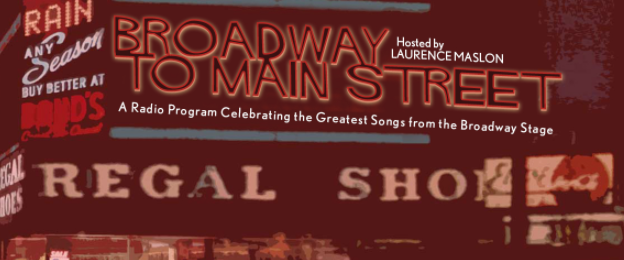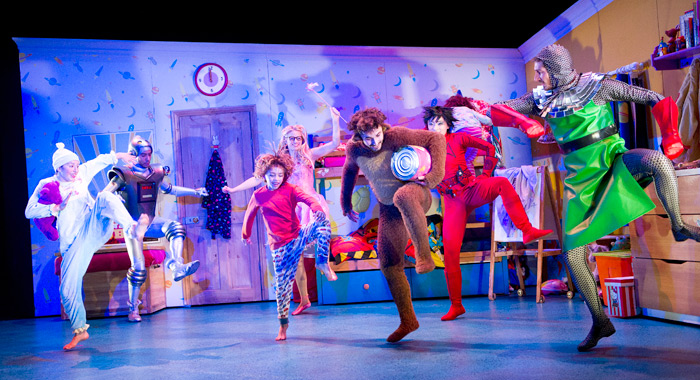
In the wake of the U.S. premiere of The Road of Promise, the English-language concert version of The Eternal Road, we asked the Artistic Director of the Collegiate Chorale, Ted Sperling, for his thoughts on the work and the Chorale’s engagement with Weill. Sperling conducted and directed the premiere performances at Carnegie Hall, 6-7 May 2015, and has developed a reputation as an exponent of Weill’s works, particularly those composed in the U.S. We present the brief interview below:
Q. What is extraordinary about The Road of Promise? What makes it a good fit for Collegiate Chorale?
A. The Road of Promise is a perfect fit for us at The Collegiate Chorale: a neglected masterpiece by a composer we adore, requiring a large chorus–that’s our wheelhouse! We at the Chorale (as well as I, personally) have a deep affection and affinity for the music of Kurt Weill, and are excited to have been chosen to premiere this piece in the United States. It’s tuneful and yet complex, challenging but very rewarding, and full of variety. And with recent unrest in Europe that echoes what was brewing in 1937 Germany, the subject matter is unfortunately just as timely now as it was then.
Q. Do you see it as closely related to other Weill works or more as off to one side?
A. It feels to me like a transitional work, drawing on the operatic language of Mahagonny, while looking forward to the Broadway audience this piece would be playing to. In a concert version, it certainly demands big singing by operatically trained voices, but also contains real songs, like Miriam’s Song and the Song of Ruth.
Q. How are you approaching the storytelling of the piece? How do projections add to the performance?
A. We’re keeping the three speaking characters (the Rabbi, Adversary and Thirteen-Year-Old Boy) onstage center throughout, to represent the congregation that is under attack. The other performers will stand on either side of them to bring the stories to life. They’ll be aided by the imagery projected on the back wall of the stage, drawn from paintings by great artists through the centuries that depict the events being sung.
Q. Why did you cast Lotte Lenya Competition prizewinners? What do they bring to the process?
A. We are very excited to include these three amazing singers. I’ve been a judge twice for the competition, and feel like the judging process of the team fits perfectly with what we look for at the Chorale: singing actors with strong technique in all areas, who are passionate about communicating the text through the music. They in their turn have immersed themselves in the musical language of Kurt Weill and his contemporaries, so they bring a real understanding of the material with them to the first rehearsal. It’s always thrilling to work with young talent like this!
Q. How would you characterize your experiences in performing Weill works with the Chorale?
A. As I mentioned above, we absolutely adore doing this music. We have performed The Firebrand of Florence and Knickerbocker Holiday already, and we look forward to performing many more works by this genius in the future.


